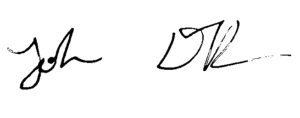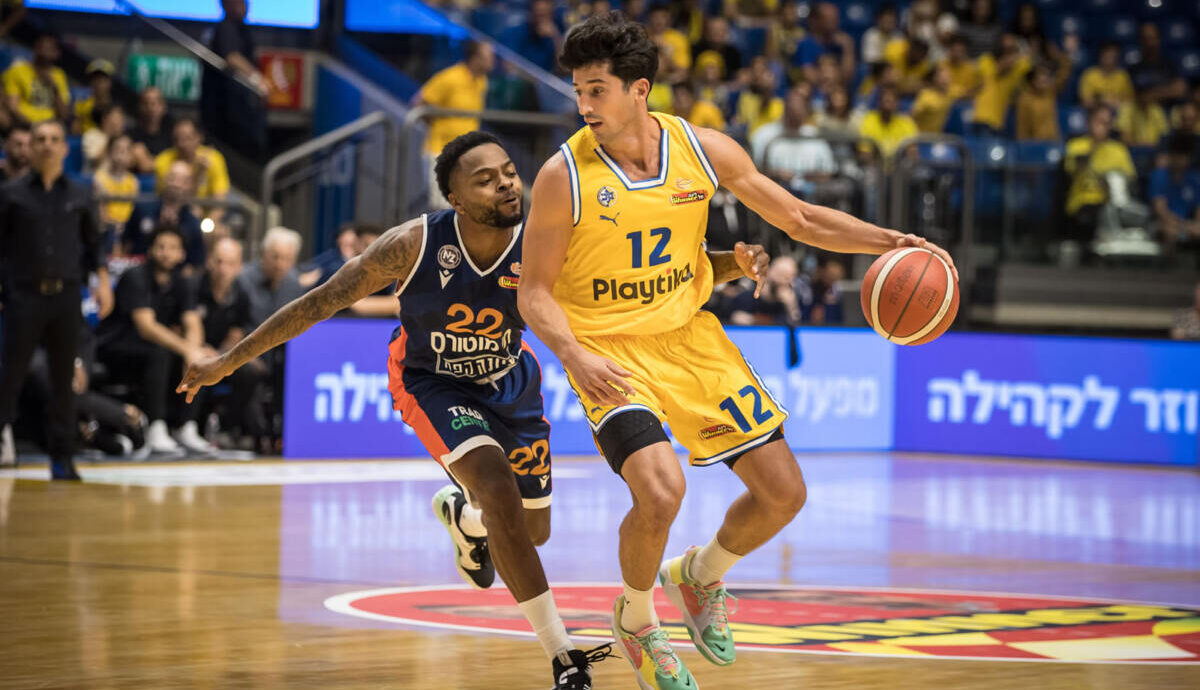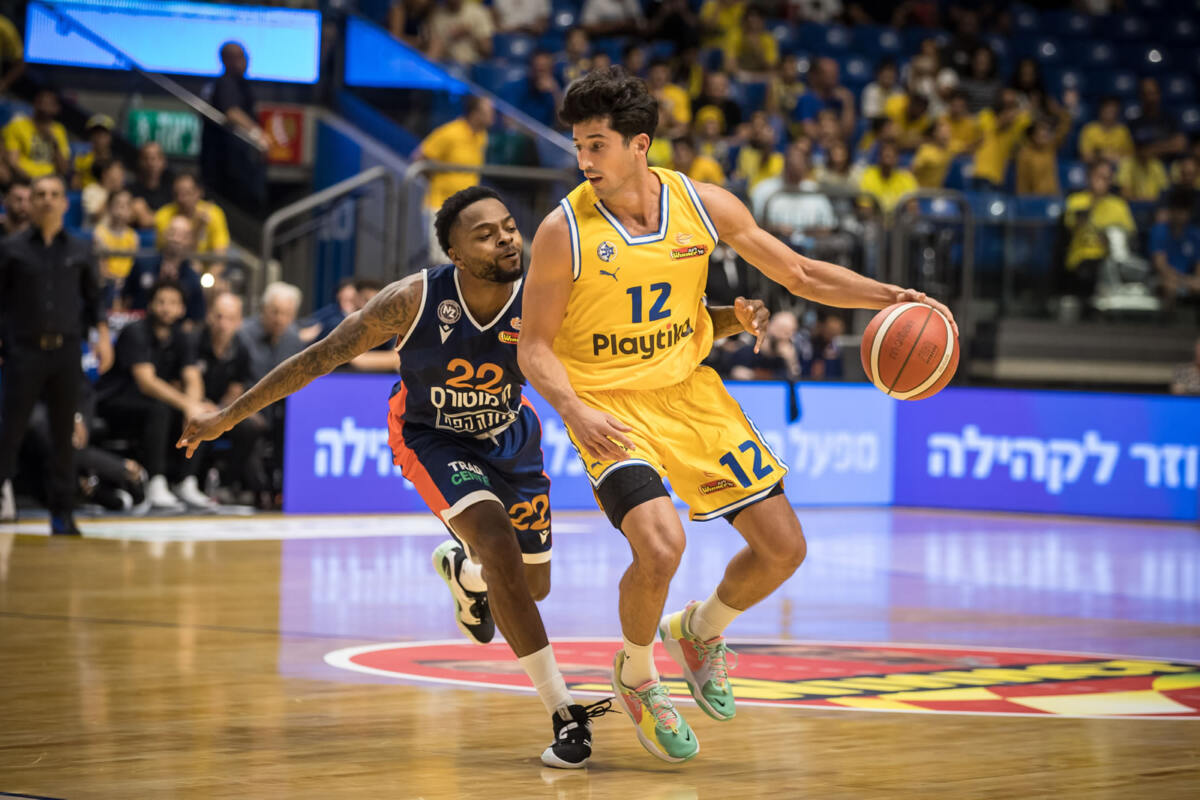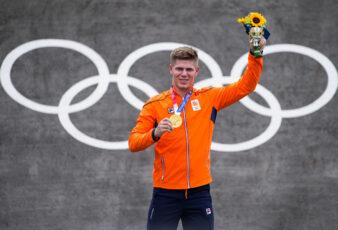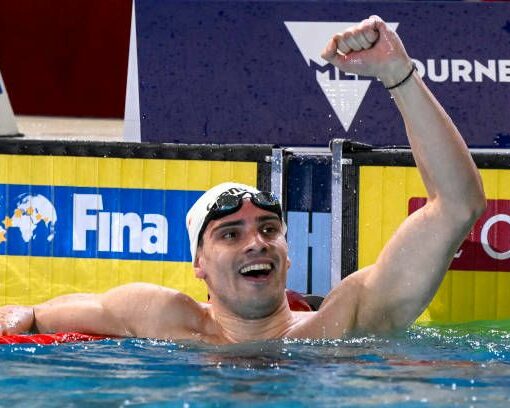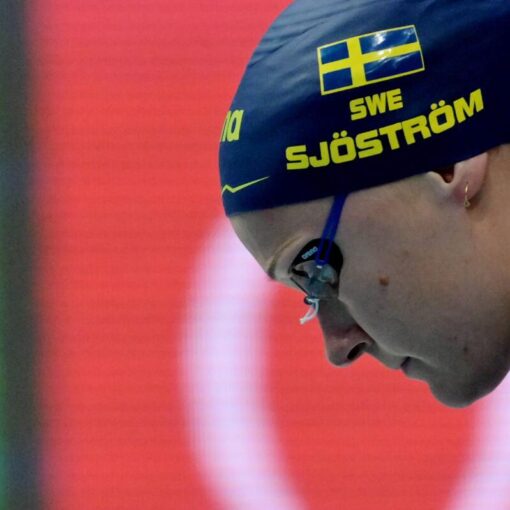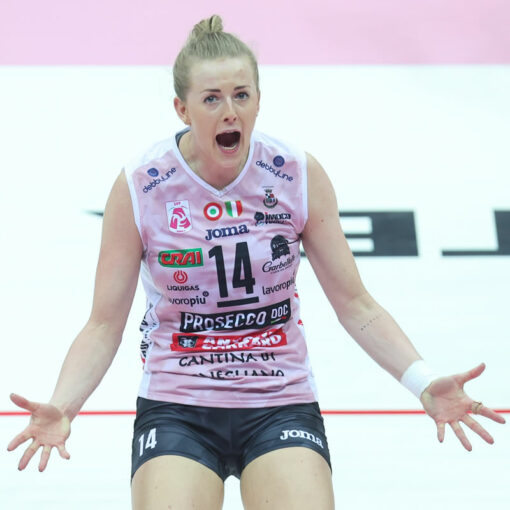Not all clubs are the same.
Not all clubs have the same history, the same importance, the same relevance to their community.
Basketball is beautiful everywhere.
Basketball is a message of hope everywhere.
Basketball is a social tool everywhere.
But in very few places it also becomes the identity of a nation, the image of a people, a means to keep history alive.
Until the early days of World War II, Maccabi Tel Aviv's uniforms were white and blue, like the flag of Israel. Then, in 1942, yellow was added: the color with which it’s recognized all over the world today.
It’s the color of the Star of David: a gesture of solidarity for all those Jews of Europe who were forced to wear it over their clothes, as a symbol of their origins, of their marginalized faith. A patch, which was used to tell all the other citizens that they could be discriminated against, humiliated, mocked.
The Maccabi Tel Aviv yellow has a different weight from all the other yellows of the world, and that’s why we dress it every time we are allowed to do it, both at home and away. Both in Israel and outside, so that everyone knows that our heart does not forget, and that the memory of pain can never fade with it.
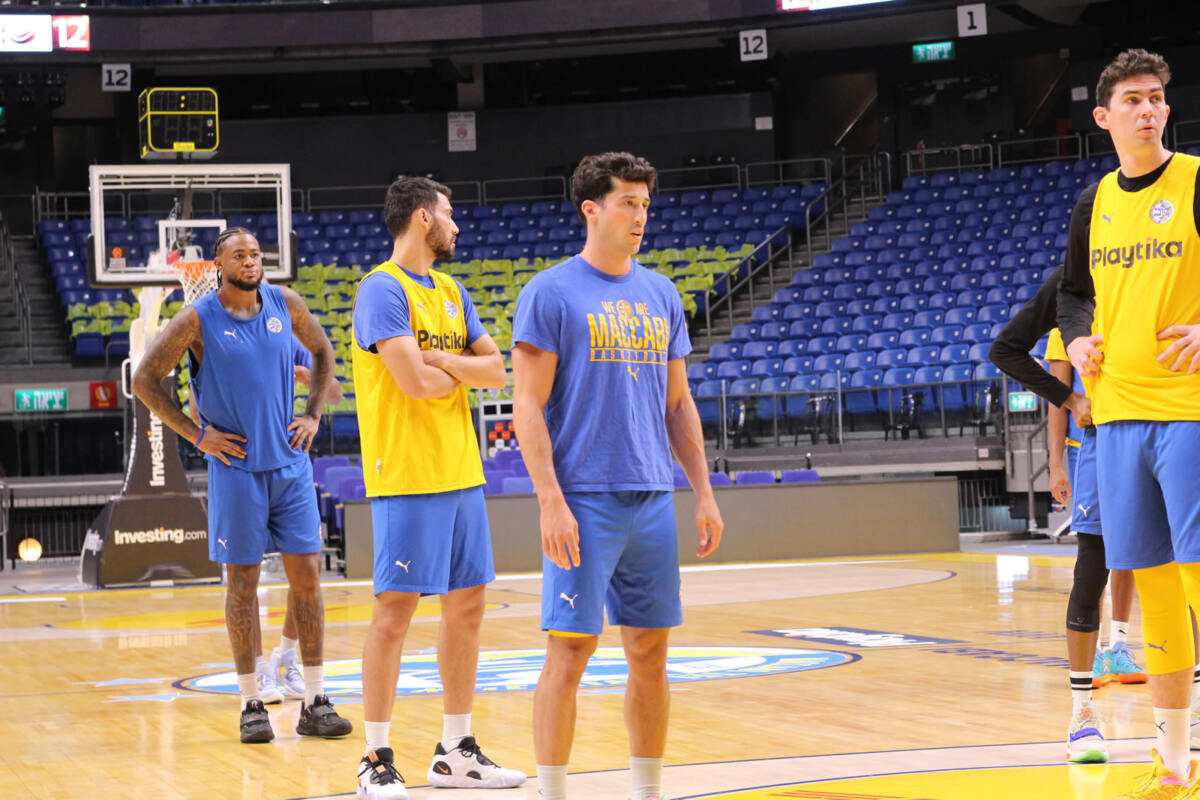
It means a lot to play here, because what Maccabi does internationally affects the entire nation and all the Jewish communities of Europe.
Wherever we go, in every arena, it’s easy to find big yellow spots in the crowd: it’s our people, who, regardless of their passion for sport and basketball, join us at the court, to support their origins, to express their belonging.
Maccabi Tel Aviv is more than a club, it’s a summary of history.
And with his emotional load also comes the responsibilities, which do not only concern what happens on the court, but which concern, above all, the way you carry yourself on the court.
The attitude.
The humility.
The pride.
The essence of this faith and this culture lives in me from the beginning, being a son of the union between an Italian Catholic and a Russian Jew. I grew up in Connecticut, as the perfect result of my parents' experiences and life.
With Dad we celebrated Christmas and Easter, and went to church on Sunday mornings. While with my mother and "her" side of the family, we celebrated Passover, the Jewish Easter.
I have always felt very loved.
I was lucky enough to live both religions and to understand that this diversity is a gift, as well as an opportunity not to be wasted.
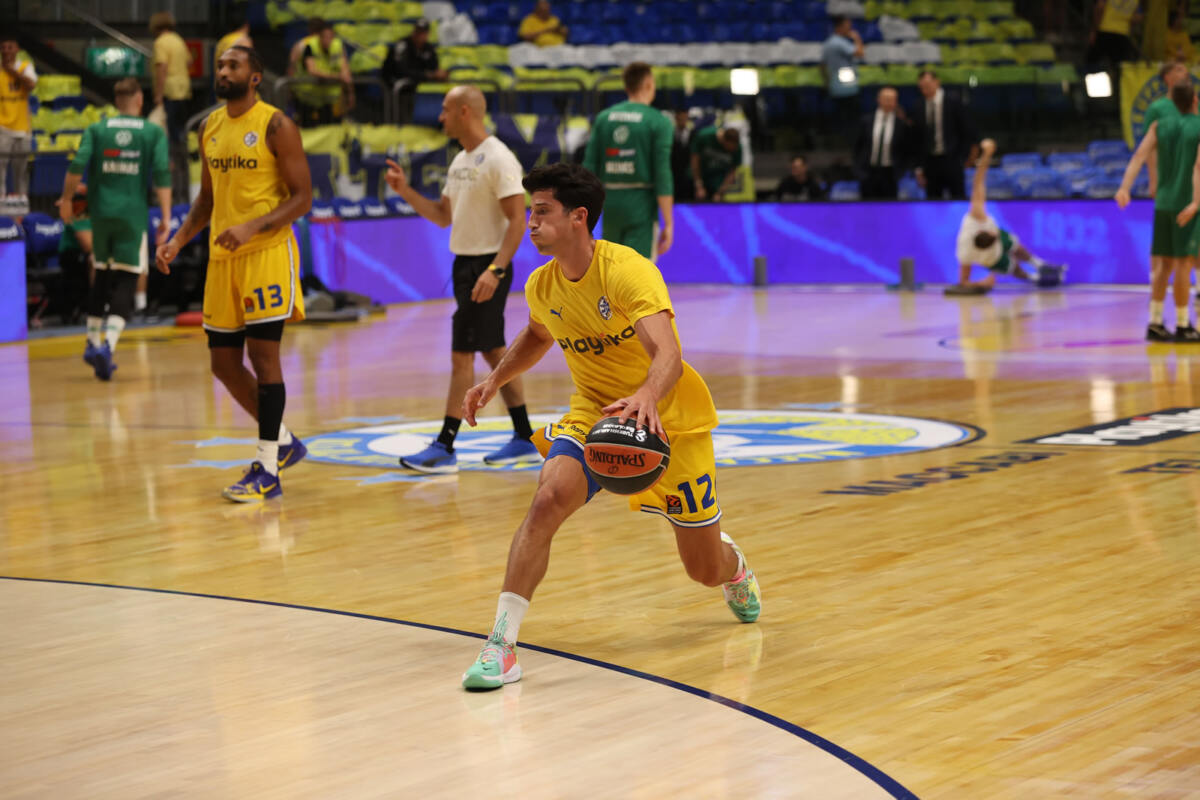
My father was more tied to spirituality than my mother was, and for this reason I came closer to Christianity than to Judaism.
Then, life, with its creative ways of shuffling the cards, wanted to take me to the gates of Israel, to pay homage to the history of my ancestors.
For seven years I have lived in a State that identifies with its own faith, which is the faith of my girlfriend and her family, with whom I celebrate the holidays today.
I have not lost touch with my origins, with my father's Church and with my past, but both realities live in me and in my daily life.
And I believe it will continue to be like this for the rest of my life.
They are both pieces of my history and my journey, which has finally found its destination.
From the little plastic Fisher Price basket, with my dad and his best friend, Cal, cheering for me to dunk, to the biggest stage in Europe. It was not an easy path.
It was an adventure, but the child I was would never accept anything less fun.
As a child I was good, I had a good character, or at least that's what my parents prefer to tell about me.
But I couldn't stand the idea of wasting time.
I hardly ever slept, because closing my eyes seemed to give up something.
Something I could do, or plan, or even just look.
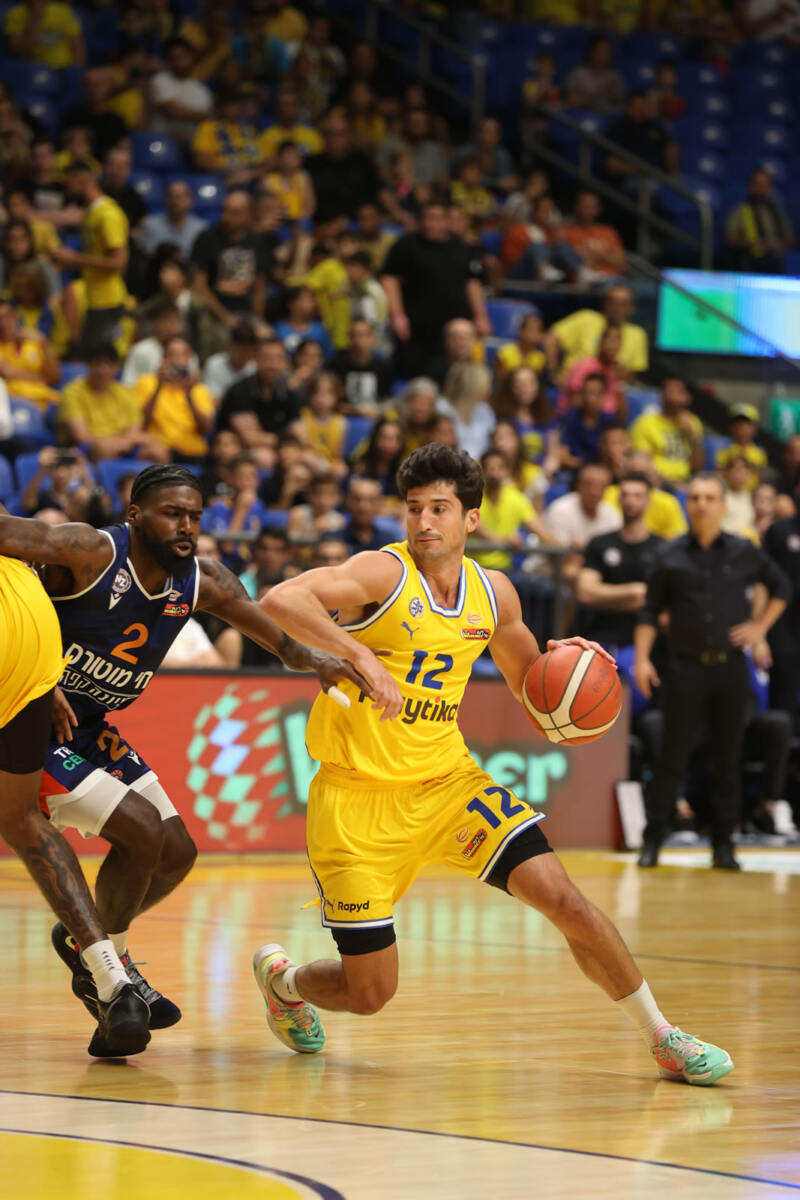
I learned a little patience in Spain, on my first experience on this side of the Ocean, when I had to learn the meaning of “siesta”.
I liked everything about Spain: the climate, the culture, the lifestyle. And even though I was away from family and I didn't speak the language, I still felt happy.
But I was amazed to know that everyone, including shopkeepers, had a siesta after lunch, and that if you needed something at that precise moment of the day, you could not help but wait.
It was frustrating at first, then I learned to appreciate it, because it's a way of taking care of yourself.
As I learned to appreciate all European basketball, adapting to the 24 seconds, compared to the 35 of the college, dealing with a physical and mental hardness, unknown to me until then.
At first I didn't manage the adjustment well with the Euroleague, and it took time to bring out the best of my game.
Because in the Euroleague every single possession counts, and the result of a match can depend on even the smallest things.
If you are one step behind in defense, or slower than the others, you are systematically punished. And that’s that same weakness that you have to try to capitalize on, when you have the ball in your hand.
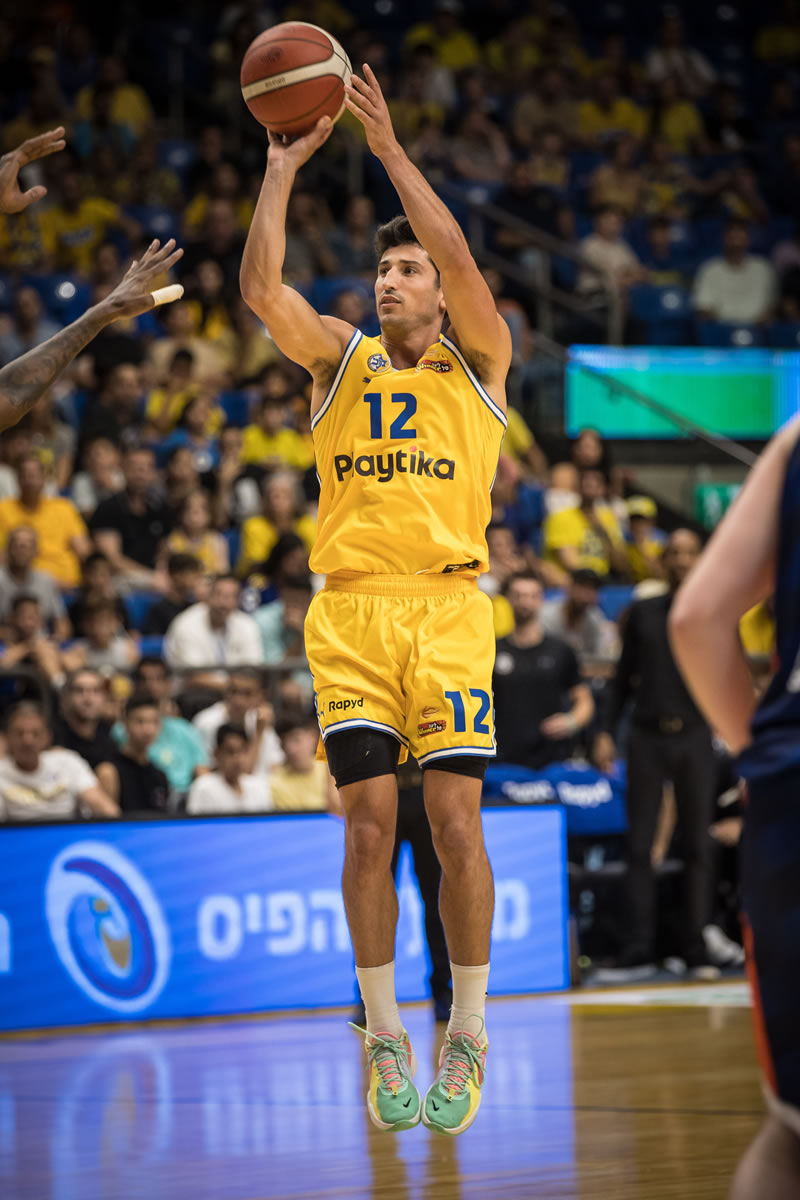
It’s the second best league in the World, and the reason is visible to everyone, in every single match.
And it’s the second best league in the world because are not only the players, the coaches and the managers that go to on the court.
Entire cities, entire regions and, as in the case of Maccabi, an entire Country go there.
People that has always been my people.
A community that with my basketball I hope to honor, to tell and, in some way, to protect.
John Di Bartolomeo - Maccabi Tel Aviv B.C / Contributor
